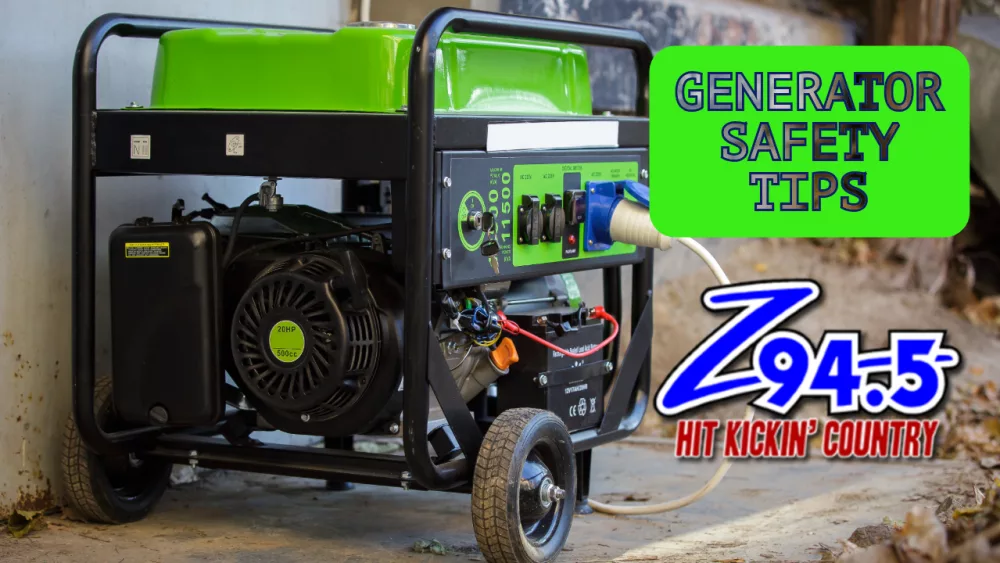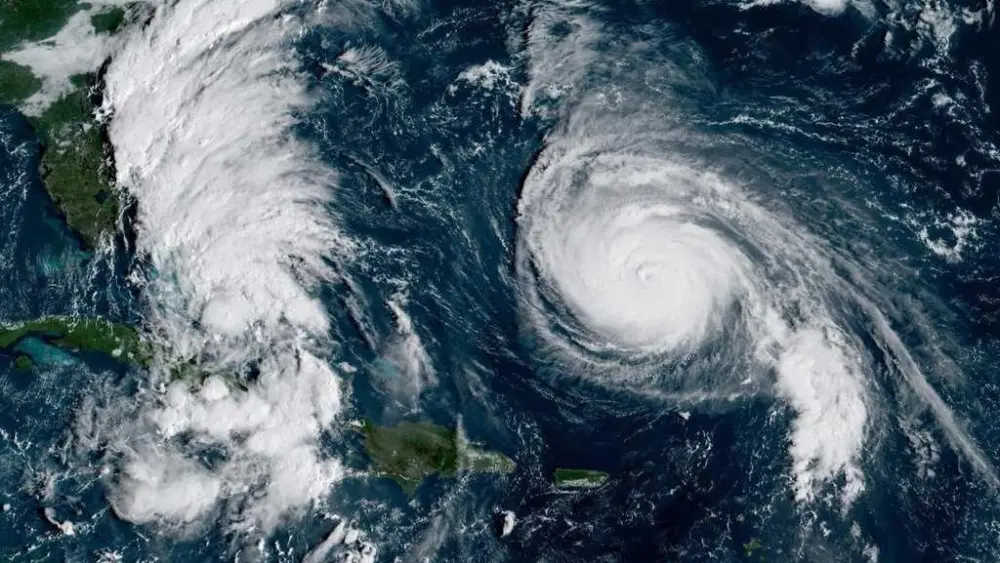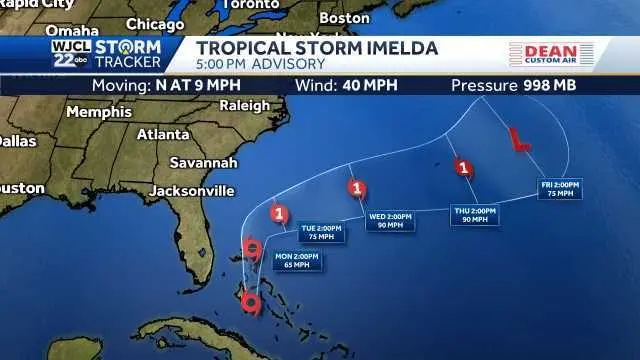
Generator Safety Tips
1. Placement
- Always operate generators outdoors in a well-ventilated area, at least 20 feet away from your home, windows, doors, and vents.
- Do not place generators in enclosed spaces such as garages, basements, or crawl spaces, even if doors or windows are open.
2. Carbon Monoxide (CO) Safety
- Install battery-powered or plug-in carbon monoxide detectors with battery backup in your home. Test them regularly.
- Be alert for symptoms of CO poisoning, such as dizziness, headache, nausea, or confusion. If you suspect CO exposure, move to fresh air immediately and call 911.
3. Fuel Handling
- Use the correct type of fuel recommended by the manufacturer, such as gasoline, diesel, or propane.
- Store fuel in approved, well-ventilated containers, away from living spaces, heat sources, or open flames.
- Turn off the generator and let it cool before refueling to prevent fires or explosions.
4. Electrical Safety
- Never connect a generator directly to your home’s electrical system without a professionally installed transfer switch. Backfeeding can endanger utility workers and damage equipment.
- Use heavy-duty, outdoor-rated extension cords with the appropriate wattage rating. Ensure the cords are free from cuts, frays, or exposed wires.
- Avoid overloading the generator. Check the wattage of the devices you are powering and ensure it is within the generator’s capacity.
5. Maintenance
- Perform regular maintenance on your generator, including checking oil levels, fuel filters, and spark plugs, according to the manufacturer’s guidelines.
- Test the generator periodically, even during non-emergency times, to ensure it’s in working condition when needed.
6. Weather Protection
- Use a generator tent or cover specifically designed for your model to protect it from rain, snow, and ice while ensuring proper ventilation. Never operate the generator inside the tent unless it is explicitly designed for safe operation.
- Keep the generator on a dry, level surface to avoid electrical hazards or tipping.
7. Shut Down Safely
- Turn off connected devices before shutting down the generator to prevent power surges.
- Allow the generator to cool completely before storing or covering it.
8. Emergency Preparedness
- Keep a fire extinguisher nearby, rated for electrical and fuel fires.
- Familiarize yourself with the generator’s manual and safety features before an emergency arises.
By following these tips, you can safely use a generator to maintain power during winter weather emergencies while minimizing risks to yourself and others.
It looks like you are not a member of VIP Club yet. Please fill out the form below to access the page and join the VIP Club











